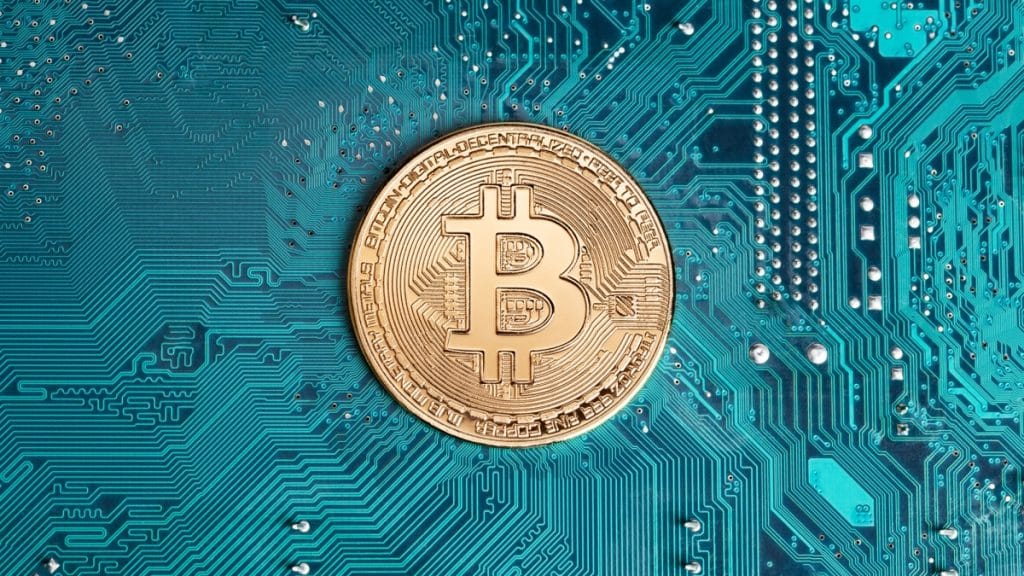The concept of decentralized currency has revolutionized the way we think about money and financial transactions. Moving away from centralized financial institutions, decentralized digital payments represent a profound shift towards greater financial autonomy, transparency, and security. This blog post explores the evolution of decentralized currency, the technologies driving it, and the impact it has on global financial systems.
The Evolution of Decentralized Digital Payments
Early Beginnings
The idea of digital payments is not new. It began with electronic funds transfer systems in the 20th century, which allowed for the digital movement of money between financial institutions. However, these systems were still centralized, relying on banks and other financial intermediaries to process transactions.
The first significant step towards decentralization came with the development of cryptographic techniques that allowed for secure, anonymous transactions over the internet. These techniques laid the groundwork for the creation of decentralized digital currencies, enabling the first peer-to-peer digital payment systems. You can also explore Bitpro Pulse for further information.
The Rise of Decentralized Digital Payment Systems
With the advent of decentralized currency, digital payments began to evolve rapidly. Unlike traditional payment systems, which require trust in centralized entities, decentralized digital payment systems rely on cryptographic proof, eliminating the need for intermediaries. This shift has made digital payments faster, cheaper, and more accessible, especially in regions with limited access to traditional banking services.
Decentralized digital payment systems have also introduced a new level of privacy and security. Because transactions are recorded on a public ledger, they are transparent and immutable. However, the identities of the participants are protected through encryption, ensuring privacy. This combination of transparency and privacy has made decentralized digital payments an attractive option for individuals and businesses alike.
The Impact on Global Financial Systems
The rise of decentralized digital payments has had a profound impact on global financial systems. Traditional financial institutions, which have long held a monopoly on money and payments, are now facing competition from decentralized systems that offer greater efficiency and lower costs. This competition has forced banks to innovate, leading to the development of new financial products and services that cater to the demands of the digital age.
Moreover, decentralized digital payments have democratized access to financial services. In many parts of the world, individuals without access to traditional banking can now participate in the global economy through decentralized currency. This has the potential to reduce poverty and inequality by providing financial inclusion to those who have been historically excluded from the financial system.
Challenges and Opportunities
While the benefits of decentralized digital payments are clear, there are also challenges that need to be addressed. One of the biggest challenges is the regulatory environment. Because decentralized currency operates outside of traditional financial systems, it often falls into a regulatory gray area. Governments around the world are still grappling with how to regulate these new forms of money while ensuring consumer protection and preventing illegal activities.
Another challenge is the scalability of decentralized digital payment systems. As the number of users and transactions grows, the network can become congested, leading to slower transaction times and higher fees. However, ongoing research and development are focused on addressing these scalability issues, with solutions like layer-two protocols and sharding promising to improve the efficiency of decentralized networks.
Despite these challenges, the future of decentralized digital payments looks bright. The ongoing evolution of technology, combined with increasing adoption by individuals and businesses, is likely to drive continued growth in this space. As more people recognize the benefits of decentralized currency, we can expect to see even greater innovation and integration into everyday life.
The Future of Decentralized Digital Payments
Integration with Traditional Finance
One of the most exciting trends in the evolution of decentralized digital payments is the integration with traditional finance. Financial institutions are increasingly exploring ways to incorporate decentralized currency into their existing systems, offering services like digital wallets, custody solutions, and payment processing for decentralized assets. This integration is likely to blur the lines between centralized and decentralized finance, creating a more interconnected and efficient global financial system.
Decentralized Finance (DeFi) and Beyond
Decentralized finance, or DeFi, represents the next frontier in the evolution of decentralized digital payments. DeFi platforms offer a wide range of financial services, from lending and borrowing to trading and asset management, all without the need for traditional intermediaries. These platforms are built on decentralized networks, providing users with greater control over their assets and financial decisions.
The growth of DeFi has the potential to disrupt traditional financial systems even further, as more people turn to these decentralized alternatives for their financial needs. As the ecosystem continues to develop, we can expect to see new financial products and services that leverage the power of decentralization, offering even greater benefits to users around the world.
Conclusion
Decentralized currency and digital payments represent a transformative shift in the way we think about money and financial transactions. By removing the need for centralized intermediaries, these systems offer greater transparency, security, and efficiency, while also democratizing access to financial services. As technology continues to evolve and adoption increases, decentralized digital payments are likely to play an increasingly important role in the global economy, driving innovation and creating new opportunities for individuals and businesses alike.
